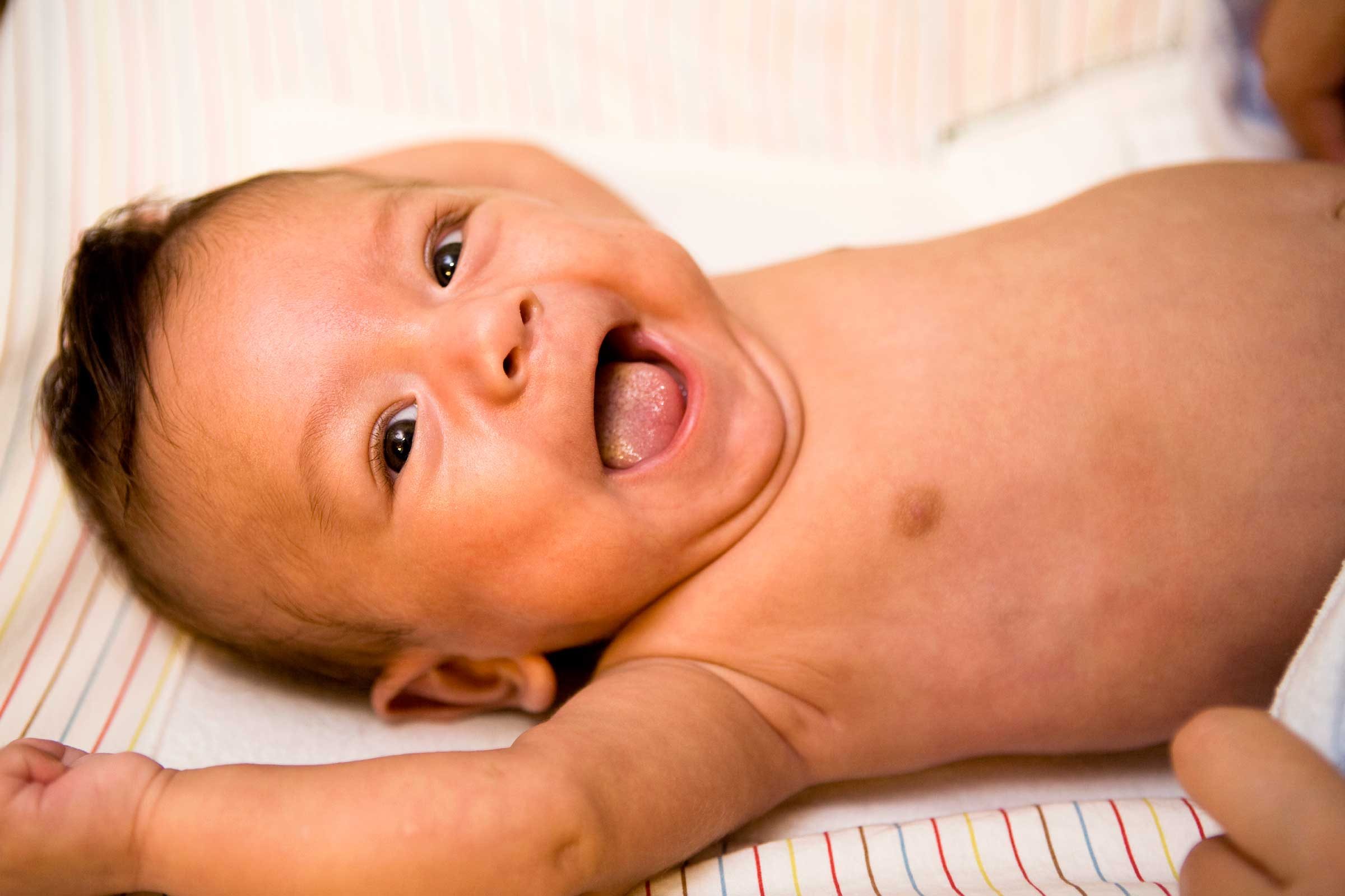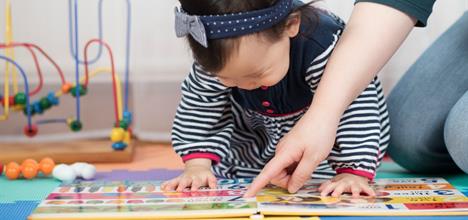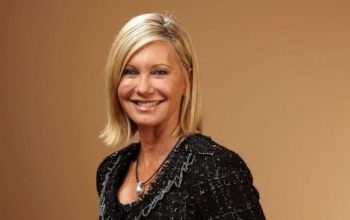5 secrets to a smarter baby: school readiness can start now.
Use the “5 Rs of Early Education” in your daily activities right from birth.

The following written content via AAP.
As parents, we all want happy, healthy babies. Not only that, we want them to be smart.
Growing research in early brain development shows there are some basic things you can do right now to start raising a child who is curious about the world and ready to learn. These early education activities we’re talking about are simple―and screen free!
| The American Academy of Pediatrics (AAP) recommends parents talk with their pediatrician about how to create a supportive, stimulating environment for their baby―starting at birth―that promotes healthy brain development and builds the social and emotional skills necessary for school readiness. |
|---|

Use the “5 Rs of Early Education” in your daily activities right from birth:
1. READ together as a daily, fun, family activity.
- The AAP recommends this to build language, literacy, and social-emotional skills that last a lifetime. It’s never too young to start reading with your baby. Reading to your child, research suggests, boosts activity in parts of the brain that form the building blocks of language, literacy skills and imagination.
2. RHYME, play, talk, sing, and cuddle together often throughout the day.
- The AAP encourages parents to use play to help meet their child’s health and developmental milestones, beginning from birth. Need ideas? Here are some great ways to do this based on your child’s age. Talk with them about things they see around them, at home, at the store, or while traveling. Enroll in quality early education programs and activities, take time to visit a children’s museum or local library, and enjoy story time.
3. Build ROUTINES for meals, play, and sleep.
- This helps children know what to expect and what is expected of them. Brush, Book, Bed, for example, is a great way to structure your child’s nighttime routine. Eating at least three family meals together each week is associated with healthier kids, according to a study published in Pediatrics. Read more from Healthy Children.





